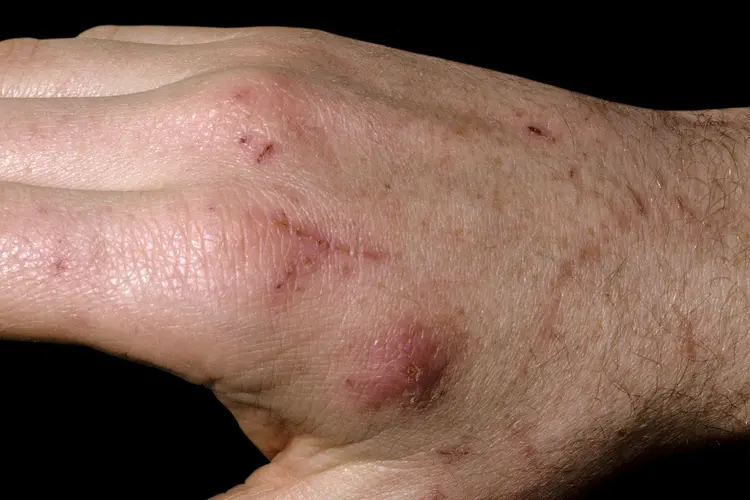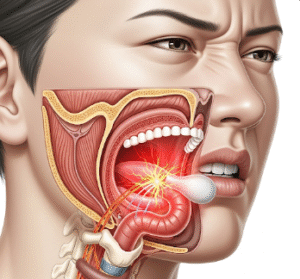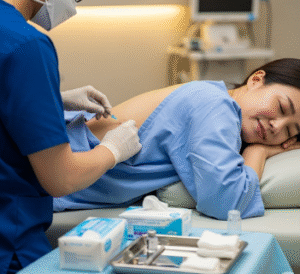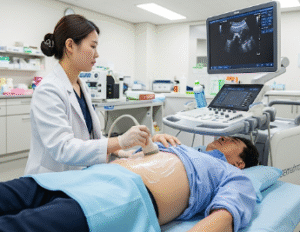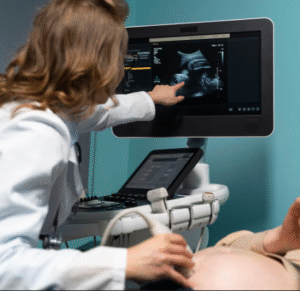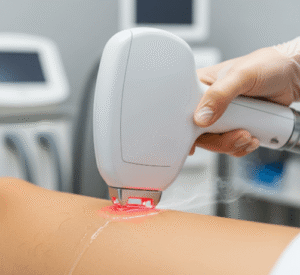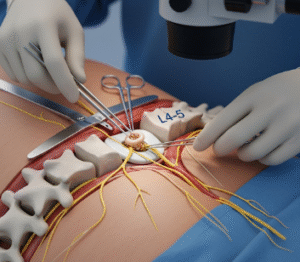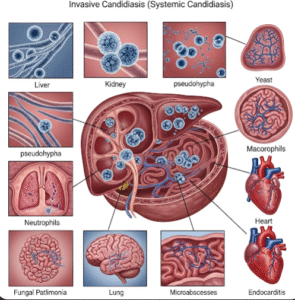Overview
Cat Scratch Disease (CSD) is a bacterial infection caused by Bartonella henselae, typically transmitted through scratches or bites from cats, especially kittens. In most cases, the illness is mild, but it can cause prolonged fever and swollen lymph nodes. In Korea, healthcare facilities provide prompt diagnosis, antibiotic treatment, and supportive care to prevent complications.
Symptoms
- Small, red bumps or pustules at the site of the scratch or bite
- Swollen lymph nodes near the affected area (neck, armpit, or groin)
- Fever and fatigue
- Headache and body aches
- Loss of appetite
- Rare complications may include eye infection, neurological symptoms, or systemic involvement
Causes
- Scratch or bite from an infected cat, often a kitten
- Contact with cat saliva on broken skin or mucous membranes
- Flea bites on cats, which can carry Bartonella henselae
Risk Factors
- Children and young adults who are more likely to handle kittens
- Immunocompromised individuals (HIV, chemotherapy, organ transplant recipients)
- Frequent contact with cats or stray animals
- Lack of proper wound care after scratches or bites
Diagnosis
In Korea, diagnosis is based on:
- Medical history including exposure to cats or kittens
- Physical examination of the affected lymph nodes and skin lesions
- Blood tests to detect antibodies against Bartonella henselae
- PCR tests in specialized laboratories for confirmation
- Imaging (ultrasound or CT) for unusual or deep lymph node involvement
Prevention
- Avoid rough play with kittens or cats
- Wash hands thoroughly after handling cats
- Promptly clean any scratches or bites with soap and water
- Keep cats free from fleas through veterinary care
- Supervise children when interacting with cats
Treatment Options in Korea
- Medical Management
- Most cases resolve without treatment within 2–4 weeks
- Antibiotics (e.g., azithromycin, doxycycline) for moderate or severe cases
- Pain relievers and anti-inflammatory medications for discomfort
- Supportive Care
- Rest and hydration
- Warm compresses to reduce swelling and tenderness
- Monitoring for complications in immunocompromised patients
- Specialist Care
- Referral to infectious disease specialists in advanced Korean hospitals for severe or systemic cases
- Imaging or surgical intervention if abscesses develop

